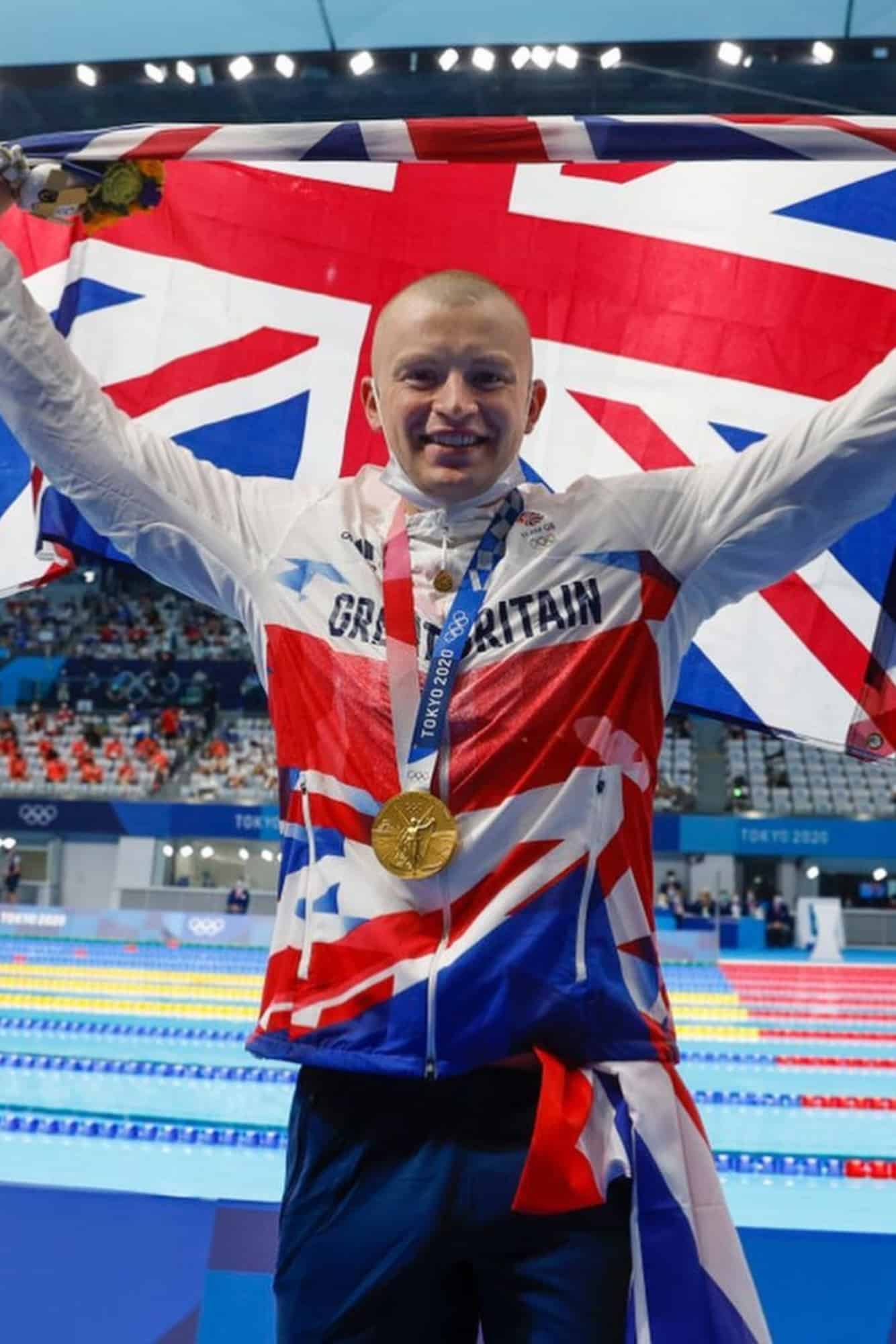Legislation to ban fast food adverts is going ahead and was confirmed in the Queen’s speech on May 11th. Since it was first introduced back in July 2020, the proposal to veto these adverts before the 9pm watershed – as well as a complete ban online – has been more than a little controversial. With no real regulations on what food will be targeted or how far the ban will extend, the impact on influencers remains unknown.
So why is the government trying to ban and restrict fast food adverts? COVID-19 (of course). Following his difficult recovery from the virus – which he put down to his weight – prime minister Boris Johnson is on a mission to improve the nation’s health and thus reduce preventable illnesses. The government claims children under the age 16 were exposed to 16 billion fast food ads in 2019 compared to 700 million in 2017, with additional evidence showing one in three children are leaving primary school overweight or obese. In an effort to save the UK’s health and relieve pressure on the NHS, the government’s response has been a total ban on fast food advertising. But will it work?
While there are studies suggesting banning such TV adverts could help reduce the weight of up to 160,000 children, critics have countered the impact could be modest. Such a broad and drastic course of action doesn’t address the individual problems that result in weight gain, such as disordered eating or lack of resources. It’s also naive to assume fast foods are the only cause of obesity (they aren’t), or that being overweight is a sign of being unhealthy (it’s not).
And that’s one of the biggest issues with this whole thing – it just doesn’t seem to be very well thought out. Although the ban is not due to come into effect until April 2022, there has been little clarification on what will classify as fast food, or how far the ban will extend online. We do know it will include foods that are “high in fat, salt and sugar”, which could be anything from wedding cakes to avocados (yes, avocados). Where will the lines be drawn and who’ll make the call on what “fast food” actually is? Good question.
You may also like
What also remains to be seen is how the ban will affect influencers. I phoned the Department of Health the day after the Queen’s speech and they were unable to provide clarity. We do know it will apply to adverts on Facebook, Instagram and Twitter, so it’s plausible this will include sponsored posts from individual accounts. However, the sheer lack of explanation means there’s no way of telling if it will also impact foodies sharing “unhealthy” recipes since in theory they are still promoting “fast food” to their substantial audiences. We need answers Boris!
When the government eventually releases proper guidelines about what is “unhealthy”, many establishments may be forced to adapt recipes to meet the requirements necessary to continue promotion. But the fallout from this goes beyond just financial implications. A big part of having a positive relationship with food is not looking at certain items as either good or bad (this can lead to disordered eating, check out Dr Joshua Wolrich) but acknowledging that all parts of the food pyramid are and should be a part of our diets, and that’s okay.
If the government truly wants to help families and children make “healthier choices” (Matt Hancock’s words) then it needs to put in the work. That means spending time talking to experts and families. Putting money into schemes that provide proper nutritional advice. They need to take a leaf out of Marcus Rashford’s book, whose collaboration with chef Tom Kerridge has resulted in delicious and nutritious recipes that are simple, easy to make and cost effective. We don’t need nutritional advice from anyone who thought that a parcel of white bread, processed cheese and carrots was an adequate weekly diet for a child. Thanks, but no thanks.
By Lucinda Diamond, food and travel editor for CORQ.










